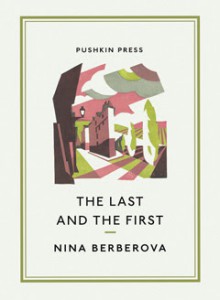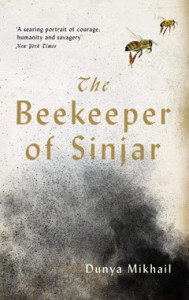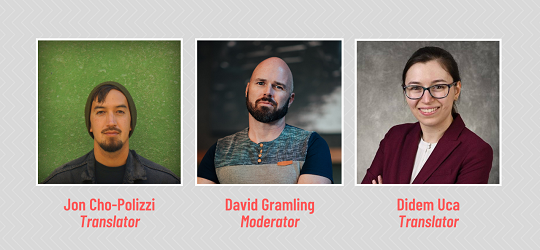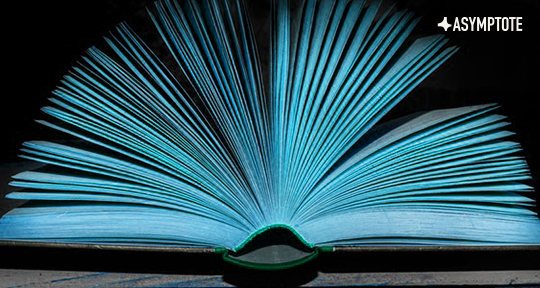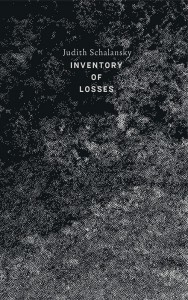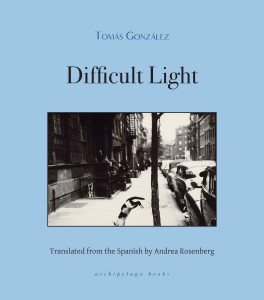This week, our editors on the ground report news of book fairs, award winners, and recognition of presses publishing translated literature. Suhasini Patni highlights recent Indian fiction receiving acclaim, while Carol Khoury introduces us to an award named after Jabra Ibrahim Jabra, a prolific Palestinian writer, artist, and translator. Read on to find out more!
Suhasini Patni, Editor-at-Large, reporting from India
The JCB Prize announced its longlist on October 4, 2021. Two out of the three translations have made it into the shortlist (Delhi: A Soliloquy and Anti-Clock). The winner of the Rs 25 lakh prize—with an additional Rs 10 lakh for the translator if it is a translated title—will be revealed on November 13. A longer discussion on the JCB Literary Prize is available here.
Naveen Kishore, founder of Seagull Books, won the 2021 Words Without Borders Ottaway Award for the Promotion of International Literature. Seagull Books was founded in 1982 and began with translating works by Indian regional dramatists into English. For his contribution to publishing, Kishore was made a Chevalier de l’ordre des Arts et des Lettres by the government of France in 2014 and received the Goethe Medal from the Federal Republic of Germany in 2013. Seagull Books has published English translations of fiction and non-fiction by major African, European, Asian, and Latin American writers with over 500 books and authors such as Ngũgĩ wa Thiong’o, Mahasweta Devi, and Hélène Cixous. Seagull author Mo Yan was also awarded the Nobel Prize in Literature. Kishore published “Notes from a Journal I could have kept [But failed to. Keep]” on Words Without Borders Daily.
GQ released their list of best Indian Fiction of 2021. In this list, they feature The Thinnai by Ari Gautier. Translated from the French by Blake Smith, the book gives a glimpse into the working-class quarters of Pondicherry. A Frenchman chases after a mysterious diamond named after Goddess Sita and explores the social history of the former French colony. An excerpt of the book is available to read here.



